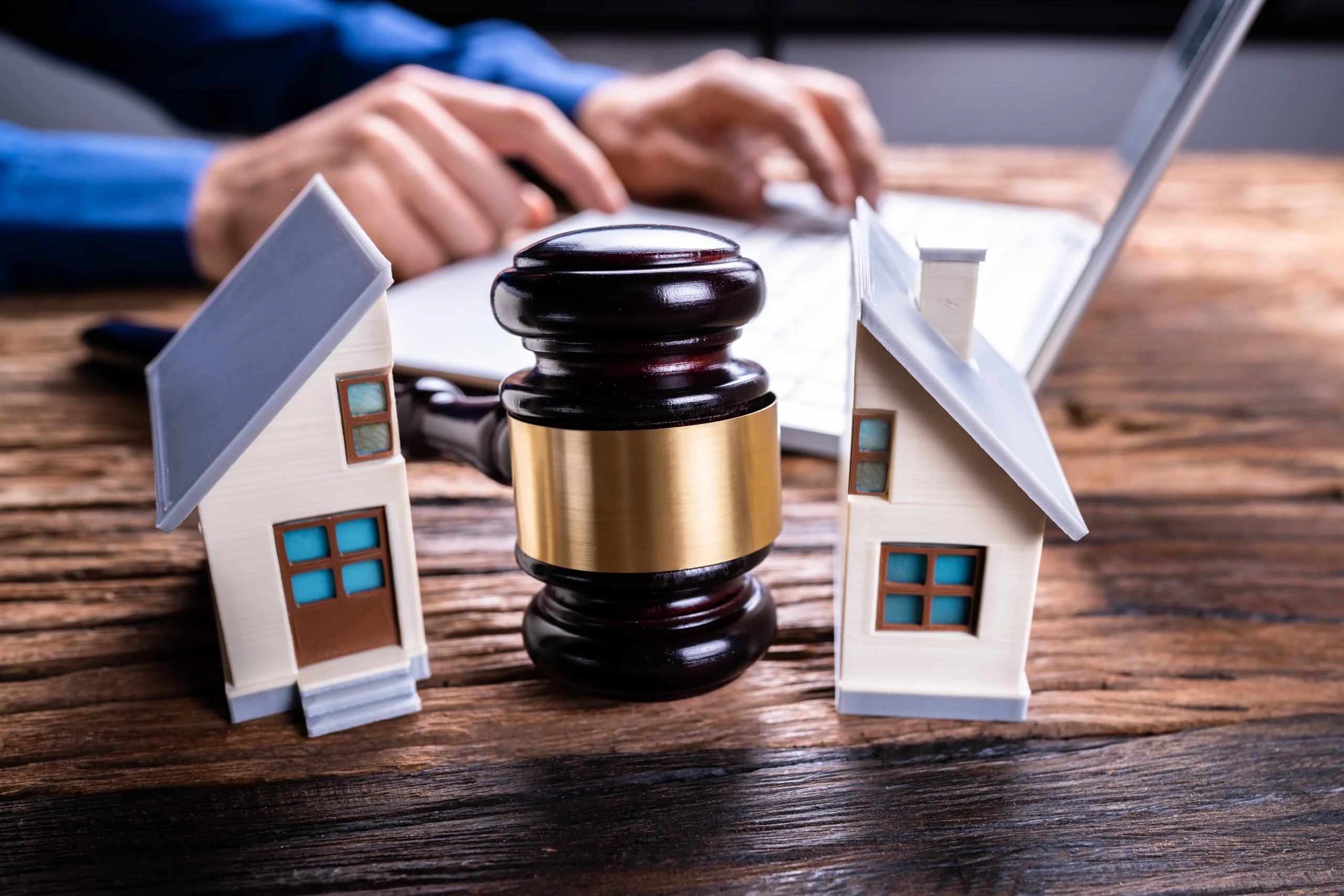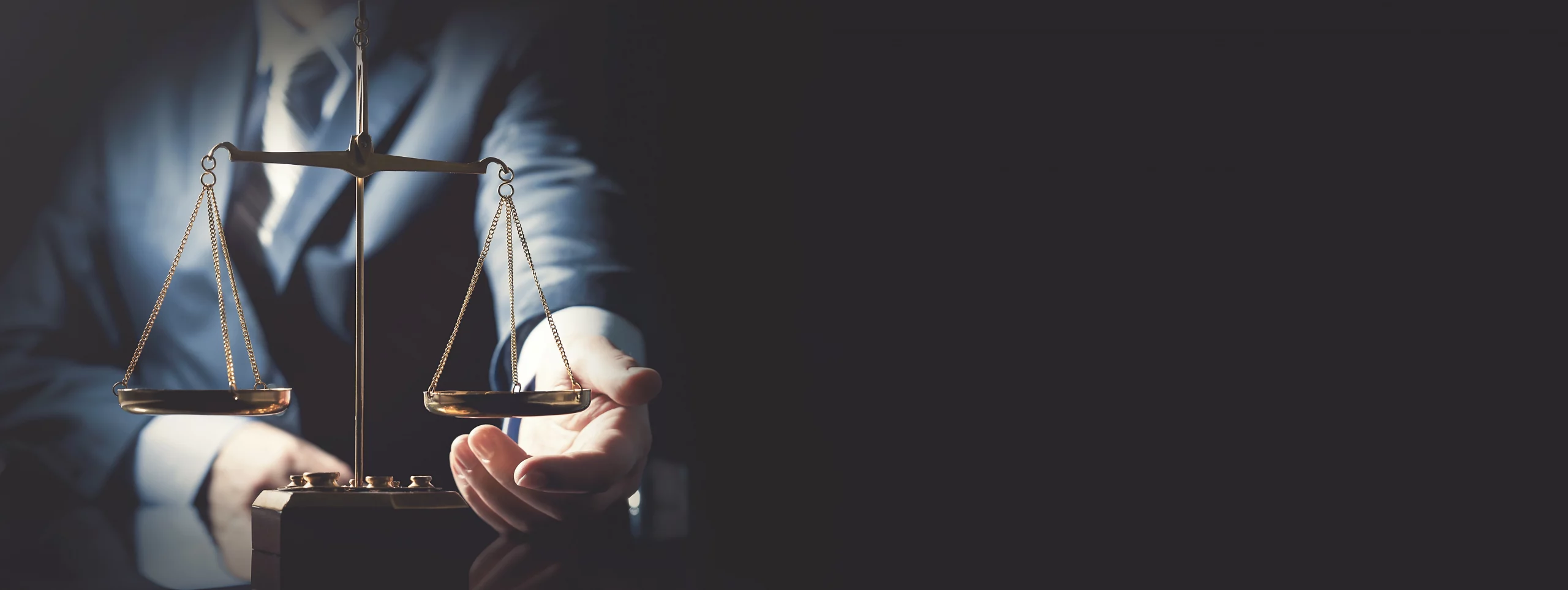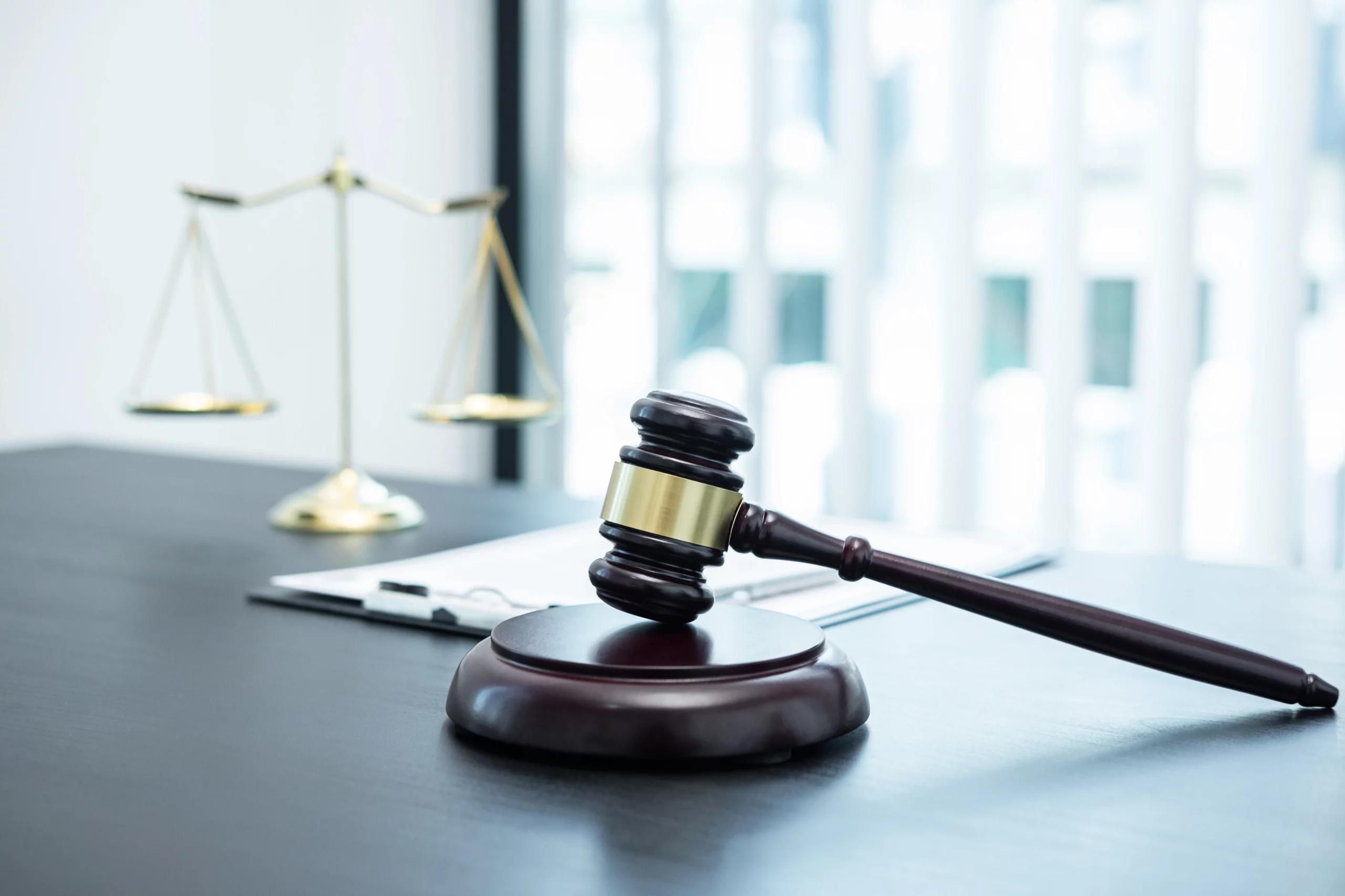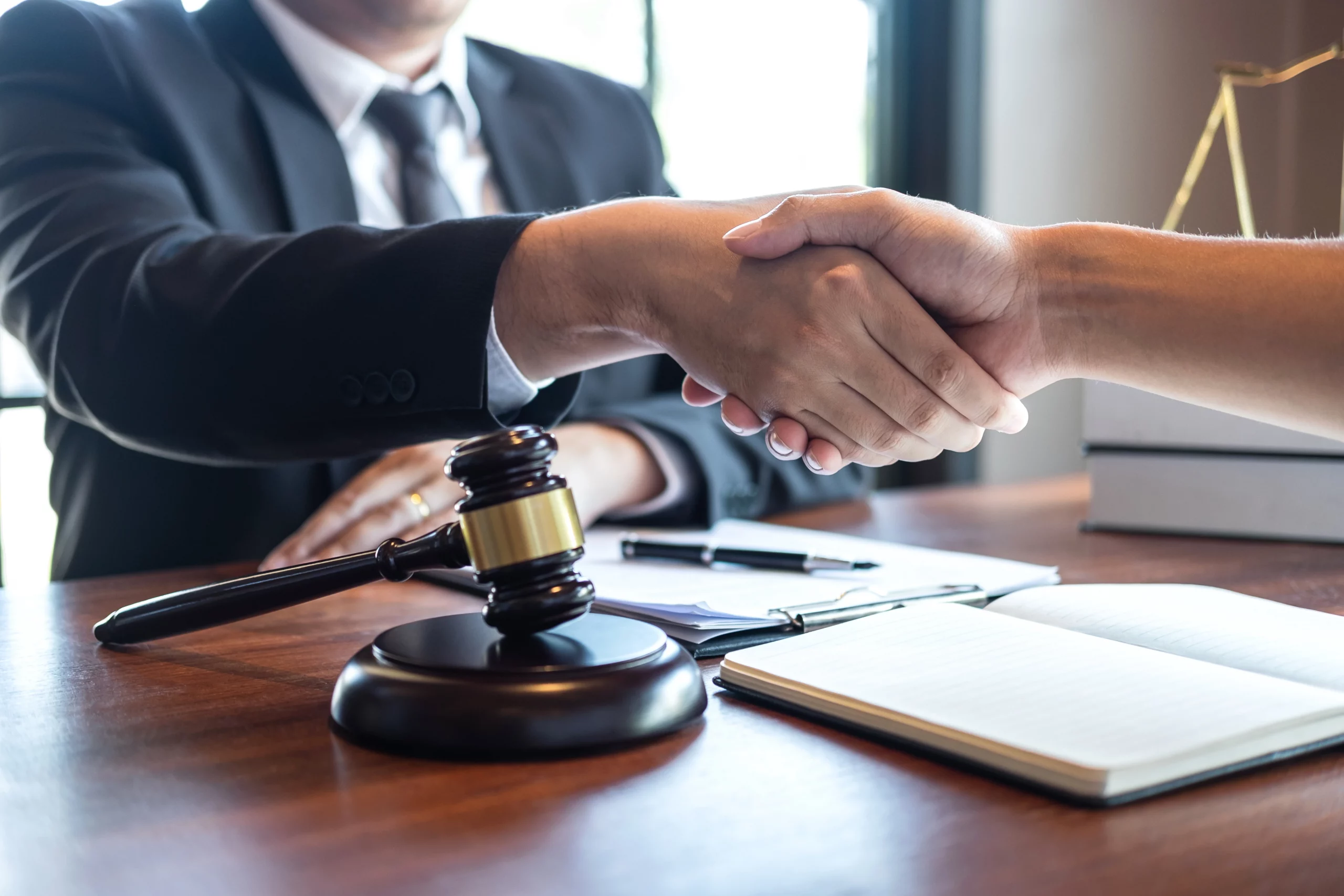Witnesses to your Slip & Fall Accident
Colorado Springs Slip & Fall Law Firm
Premises Liability > Claims > Witnesses
Find out why acquiring a good witness statement for your slip and fall claim is important and what you need to know to get one.
About twenty per cent of people injured in falls have life-altering consequences, including fractured bones or concussions. As of 2015, fall-related medical costs in the United States totalled more than $50 billion. ¹
After a trip and fall, the cost of treatment and associated medical expenses can pile up quickly.
If your wounds could have been avoided, though, what then? What if someone else’s carelessness led to your fall and injury? Recourse is available to ensure that the negligent property owner compensates you for your damages.
It is your legal right to seek compensation from the property owner’s insurance coverage if your fall directly resulted from their negligence. The insurance firm will look into your fall claim after you do so.
Insurance adjusters check your injuries and the collision details to ensure you are telling the truth. Most adjusters will actively work to either reject or underpay a claim.
Witness testimony can help prevent adjusters from nitpicking and dismissing your injury claim.
Have at least one credible witness testify in support of your claim. A credible witness can give you an honest account of what led to, during, and immediately following your slip and fall.
Injury Claims
Free Consultation
NO FEE UNLESS WE WIN
Accident Relating to a Slip and Fall: The Various Witnesses Involved
There are two kinds of witnesses in a personal injury case. One was a person who saw the injury and was at the accident scene. The other one testifies as an expert.
Because of their first-hand experience, eyewitnesses can confidently testify about the events surrounding a personal injury claim.
A few examples of potential witnesses in a case involving a fall are:
- Individuals who frequent retail establishments as buyers
- One who is just strolling by
- A member of the retail staff
Finding witnesses to an accident, such as a slip and fall, might be helpful evidence for a claim. The next step, discussed in more detail below, is to have them make a statement about what they witnessed. Furthermore, it is crucial to get their contact details.
An expert witness is the second kind of witness. This witness has in-depth knowledge of the case and can provide light on key details, such as the extent of an individual’s injuries.
Your lawyer may retain a medical expert to testify on your behalf if, for instance, you’ve sustained a traumatic brain injury resulting from a slip and fall.
You probably won’t need an expert witness unless you have serious injuries from a fall. However, a credible witness is often essential to proving your case.
The qualities of a reliable witness.
If you have solid evidence and a credible witness on your side after a slip and fall accident, the insurance company for the property owner is more likely to settle for a fair amount.
To be believed, certain witnesses are more credible than others. A witness who can’t be relied on will do little to bolster your case.
Further, if feasible, it’s preferable to rely on witnesses you didn’t know before your fall. Any witness is preferable to none, but the testimony of an objective witness is more weighty.
An adjuster might not believe a witness’s testimony if you knew them before the incident (for example, if they were with you when you fell). The adjuster will likely think that your friend or relative will give a statement that will benefit you.
To be credible as a witness, one must:
- Was in the area when the incident occurred.
- Did not know the wounded party before the incident; and
- Does not harbour any preconceived notions regarding the victim or the property owner
- Doesn’t stand to gain anything material from the claim’s resolution
- Provides concrete examples
After the accident, try to limit your interactions with impartial witnesses. You should avoid appearing to attempt to influence their evidence in any way.
Avoiding Common Mistakes in Witness Statements
Honest witnesses can provide extensive accounts of the events. Their testimony may lose credibility if they make untrue remarks.
Avoid saying these things in court as a witness:
Guesses-Any information that isn’t gathered through direct experience is considered conjecture. A witness must report what they saw without speculation.
Opinions-There is no place for the witness’s opinion in determining what occurred. Assertions should be free of debate, subjective judgment, and hasty generalization. A witness’s written, or oral statements should be limited to the facts.
Feelings-A witness’s statement should not express any opinions or biases. No witness statement should include the witness’s opinion of the claim’s outcome or any expression of sympathy for the victim.
There is no need to rely on assumptions, biases, or preconceived notions about the claimant, the property owner, or the workers to make a decision.
Here’s What a Witness Who Has an Agenda and an Opinion Might Say
I decided to take a break in the café’s outdoor area for lunch. A man went by, seemingly engrossed in his social media accounts on his phone.
I distinctly remember thinking that he ought to have been more attentive. Even then, I thought, “This guy is about to cause an accident” (either to himself or someone else).
He likely came from the nearby bar to the café.
I saw him trip on a raised and fractured cement section as he left. He made no outward signs of pain, as he did not attempt to holler or scream.
Their husband works for the city and says they never fix sidewalks when needed. It’s a major pain.
“Sandy W.”
(XXX)-XXX-XXXX
The witness introduced her bias, preconceptions, and feelings into the mix. She appears to have a personal bias against the one who was knocked down. Some important facts are missing from her accounts, such as the time of day the event took place and the weather at the time.
Not only did the witness just provide the first letter of her surname, but she also did not supply an email address or physical address. If the witness cannot be identified, it may be difficult to get in touch with them at a later time.
It’s Important to Have Witnesses
An individual’s claim is strengthened by the presence of witnesses who can corroborate their testimony. Although there may be additional evidence of your fall that does this, it isn’t always accessible.
Even though cameras are everywhere, not every trip and tumble is captured on film. Your fall may or may not have been caught on camera; even if it was, the footage might not give a complete picture of what happened.
An impartial account of the circumstances surrounding a slip and fall accident can be gleaned from a witness statement. An objective witness has nothing to gain or lose by telling the truth. A witness is an objective third party.
Insurance adjusters and investigators can verify the details of an accident and your credibility by speaking with any witnesses. When competing accounts of the same events exist, they can be very useful.
Furthermore, if the property owner knew or should have known about the hazardous situation that led to the accident, they would be held liable for any injuries resulting from a slip and fall. The owner or employee should have noticed if something needed fixing or cleaning.
A witness statement might be used to demonstrate that the owner knew or should have known this information. The phrase “I almost just fell there too” is common among witnesses who hear someone fall and then comment on it.
A witness may testify that they simply instructed the business owner or worker to:
- Wipe up a puddle
- Straighten up a creased area rug
- Take care of any necessary maintenance
- Install a caution sign.
If the owner knew or should have known about the problem but did nothing to correct it or warn others, a witness statement may be the deciding factor in the case.
Victims of slips and falls must provide evidence that that incident caused their injuries. This portion of a personal injury lawsuit can also be supported by eyewitness testimony.
A witness might, for instance, testify that:
- After the victim fell, blood could be seen on the ground.
- After being knocked to the ground, the sufferer grimaced in pain.
- The sufferer caught himself on the way down by grabbing an ankle.
Collect Timely Statements from Witnesses
Their statement should be given as quickly as practicable after an incident as the witness can. Time has a way of eroding a witness’s ability to recall details.
Slip and fall injury claims that are contested can drag on for a very long time. If this is the case and the witness needs to recall specifics of the actual occurrence, a written statement can help. Statements can help people recall the event and provide clear and accurate details about what they witnessed.
A witness’s statement can shed light on the following:
- Details of what the eyewitness saw
- The actual details of the mishap
Gathering Testimony
Get the witness’s statement as quickly as possible following a slip and fall, ideally at the accident scene.
All pertinent details about the incident’s who, what, when, and where should be included in the witness’s account. In an accident case, the testimony of witnesses who can recall the most specific details is given the most weight.
All relevant details should be included in witness statements.
- What they saw that led to the fall and how it happened
- Injuries to the victim
- Accident-related property damage
Suppose the accident occurred in a specific location. In that case, the witness should describe the surrounding environment, including the weather, any construction, any obvious hazards on the floor, and the actions of any participants.
Here’s an Independent Witness Statement That Helped:
Thursday, February 19th, 2019
Today I went to see my grandmother in the hospital. Around 2:20 in the afternoon, as I was making my way to the north elevator tower, I saw a large blue machine driven by a hospital worker.
The worker wore a badge and a blue polo shirt that read “Northridge Medical Center” on the right upper breast. The linoleum floor looked wet and glossy as he operated the machine. It seemed like he was sweeping the floor with the machine.
While he was mopping the floor, a young woman walked around the corner and onto it. She stumbled backward and caught herself with her right hand on the wall handrail.
After she fell, she landed with her left hand behind her back.
After an instant, the woman uttered a scream that sounded like pain. While gripping her left wrist with her right hand, she slid over onto her right side.
The hospital worker, another male bystander, and I all sprinted over to her. The worker could repeatedly be heard stating, “I’m sorry!” He reached for his company cellphone and dialled for assistance.
Another worker arrived decked out in a suit and carrying an identification badge. He requested a stretcher and emergency medical services.
The woman had been crying and wailing the whole time. The man in the suit started yelling at the other male worker as paramedics moved her away from the scene. I didn’t get anything he said.
About a three-by-five-inch pool of blood surrounded the woman’s head on the floor.
A screw was lying on the floor adjacent to the wall where the handrail had been detached.
The said actress is Carol Connelly.
To wit: 1456 Bluebird Way
CA 95113, San Jose
A XXXXXXXXXX
cconnely@example.com
This declaration is loaded with helpful information. All the information is presented without bias. The witness is offering neither an opinion nor a value judgment.
There is no doubt that the following are included in the statement:
- Explanation of the circumstances leading up to the accident
- Details on potential harms
- How workers are handling the downturn
- Details on the property damage that has occurred.
The witness also gave her complete name, home and cell number, and email address.
Finding Eyewitnesses to a Fall
Witnesses can be found either at the scene or by reviewing police and incident records. In addition to testifying under oath in court, witnesses can do so in a non-court hearing called a deposition.
An explanation of the deposition.
An attorney can take a deposition to obtain sworn testimony outside of court. Depositions are taken before trials and typically follow the filing of a lawsuit.
Depositions are scheduled at the convenience of both parties, during which witnesses are asked a series of questions about the incident that resulted in the injuries. The deponent is the one who is answering the questions.
Your lawyer can take depositions from anyone who saw what happened, such as the store manager on duty when you collapsed. The store’s attorney has the same right to request your deposition or that of any other witness or expert.
The deponent will be sworn in before a court reporter who will also record the deposition.
Requesting a statement from a witness might be done informally. A written statement can be provided, or the person’s remark can be recorded verbatim via audio or video. Having a record of the witness’s testimony right after it occurred is essential in case the witness suddenly leaves, changes their story, or forgets important details.
Don’t try to influence a witness’s testimony by telling them what happened or what they saw. Permit the witness to describe what they saw. Challenge them to record or recount whatever they can recall. Have them sign the statement and put the date next to it.
Witnesses don’t need to stress remembering every little detail when giving their testimony. You, the insurance adjuster, and the lawyer handling your claim will evaluate how significant it is later (if you hire one).
Safeguard the Testimony You Have Collected
When seeking compensation for an injury, testimony from witnesses is invaluable. Make an effort to collect the witness’s contact details on the spot. Get a witness’s full name, address, phone number(s), and email address before you, or they leave the scene of the accident.
If you’re seriously hurt, you can have someone else gather witness information while focusing on getting better. A person’s contact details may also be gleaned from a police record or an incident report.
Get your injury attorney in touch with the witness.
Stay away from anything that could look like witness harassment. You shouldn’t annoy the witness in any way. Neither you nor the insurance adjuster wants the witness to growing frustrated, perplexed, or unwilling to help.
If you have been hurt, a lawyer can help
Having a reliable eyewitness on your side after a fall can help you recover financially. Some victims of accidents may also benefit from having a skilled personal injury lawyer on their side.
Legal representation from an attorney can be useful in slip and fall instances by
- Gathering supplementary evidence, such as security footage and incident reports
- Communicating with insurance claim adjusters and reaching an agreement
- What Happened Statements from Witnesses
If you employ a lawyer and have a statement from a witness, include it in the accident paperwork you give them.
If the insurance company is trying to lowball you on a settlement, your lawyer can use witness testimony to prove your case.
Most lawyers specialising in personal injury cases will meet with potential clients for free and without pressure to hire them. You won’t have to worry about making up-front fees if you opt to hire one.
In addition, most personal injury attorneys take cases on a contingency fee basis, meaning they don’t get paid unless you do.
When a lawyer agrees to take a case on a contingency basis, the client can put their attention where it needs to be: on getting better and collecting damages. The cost of hiring an attorney is not something they have to think about.
You should be compensated fairly to the extent that you have suffered because of your fall. The benefits of hiring a competent lawyer are free to investigate. Now is the time to get in touch with one.

FREE CASE REVIEW
We are standing by ready, willing, and able to help you. You can schedule a free consultation here on our website, or give us a call and talk to us. Whatever you prefer, we will accomodate you!








